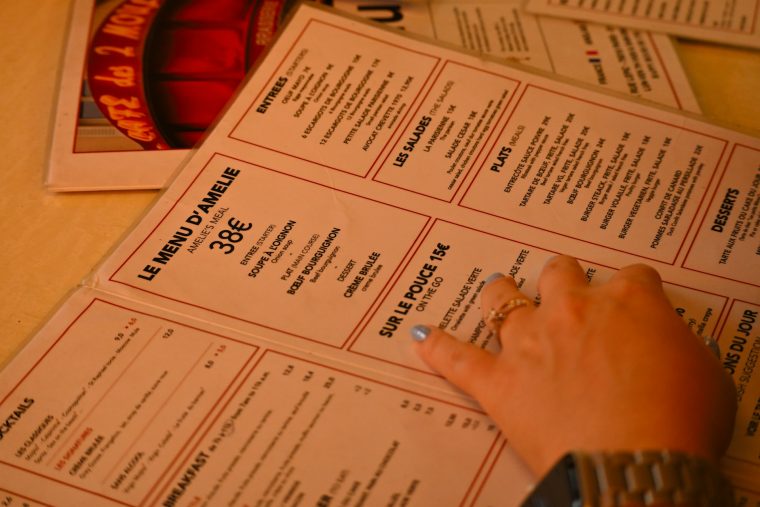French cuisine is well-known around the world for its rich flavors, intricate techniques, and cultural significance. Food is an integral part of French life. It’s not just about eating. It’s about savoring every bite, embracing the artistry in cooking, and respecting the history behind each dish. French cuisine offers something for everyone. We’ll explore some of the most beloved French dishes, their regional origins, and the cultural significance they carry.
The Magic of French Pastry

Photo by Jordane Mathieu on Unsplash
Start your culinary journey through France with pastries, which are nothing short of a national treasure. Famous French pastries like croissants, pain au chocolat, and éclairs are available in nearly every boulangerie. The flaky layers of a well-made croissant, created by folding butter into dough multiple times, demonstrate the precision and patience French pastry chefs master. Many travelers seek out patisseries to try delicate macarons, which have become an emblem of French dessert culture. Beyond the sweet, France is also famous for savory pastries such as quiche Lorraine, which combines eggs, cream, and bacon into a perfect, custardy delight.
Classic French Dishes: A Taste of Tradition
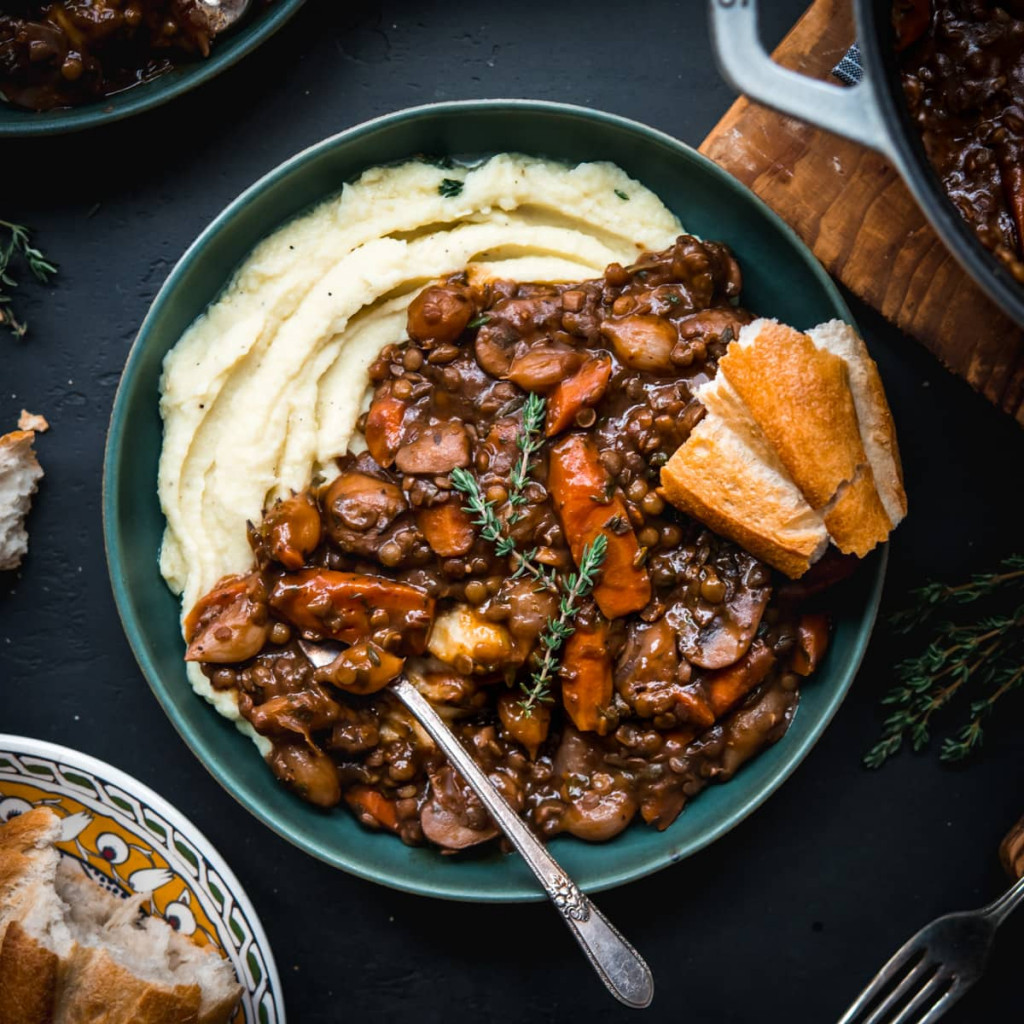
Source: Crowded Kitchen
No discussion about French cuisine would be complete without mentioning coq au vin and boeuf bourguignon. These are slow-cooked dishes that embody the essence of rustic French cooking. Coq au vin, a classic dish from Burgundy, features chicken braised in red wine, mushrooms, and lardons (bacon), creating a rich and flavorful stew. Similarly, boeuf bourguignon slow-cooks beef with red wine, garlic, and vegetables, resulting in tender meat infused with deep flavors.
These dishes not only highlight the quality of French ingredients, such as locally sourced meats and wines, but also emphasize the importance of patience in cooking. Both coq au vin and boeuf bourguignon require hours of slow cooking, allowing the flavors to develop fully.
French Cuisine and Its Regional Diversity
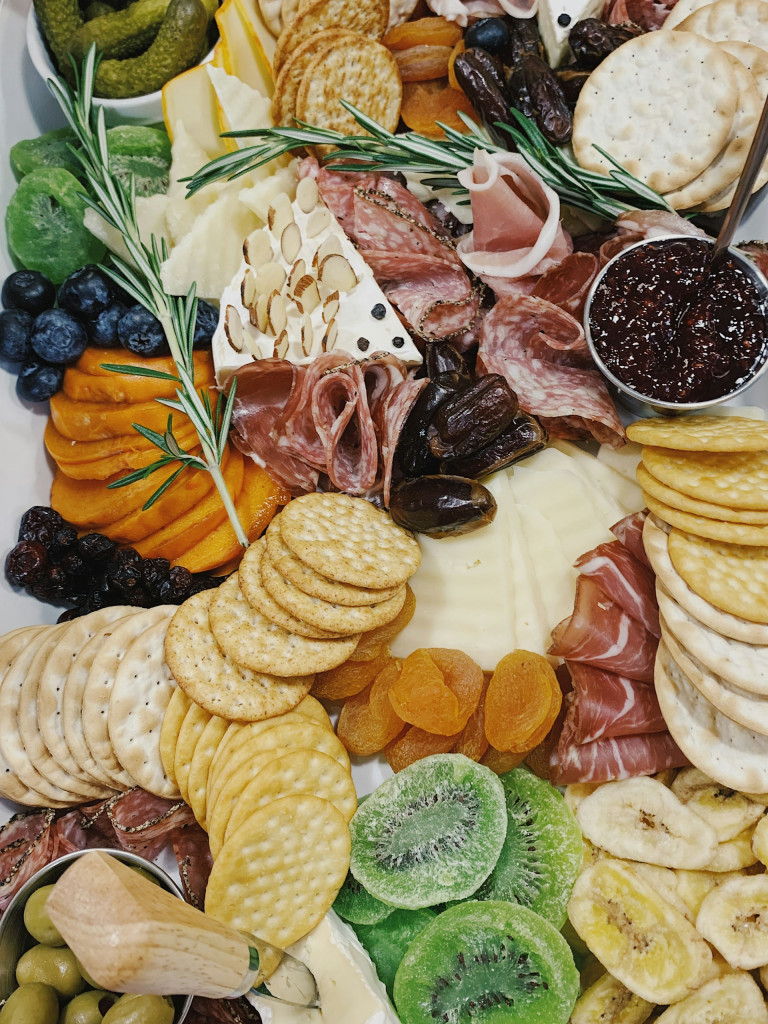
Photo by Evelyn Semenyuk on Unsplash
French cuisine is beautifully diverse, with each region offering its own specialties. From the buttery dishes of northern Normandy to the spicy, Mediterranean-inspired fare of Provence, the food scene is as varied as the landscape. In the southwest, cassoulet is a favorite. This hearty stew of beans, pork, and duck has origins in the peasant food traditions of the region and is the perfect dish for a cold winter’s day.
You might like: A Guide to the Finest Sushi Spots in Japan
Cheese and Wine: The Cornerstones of French Dining
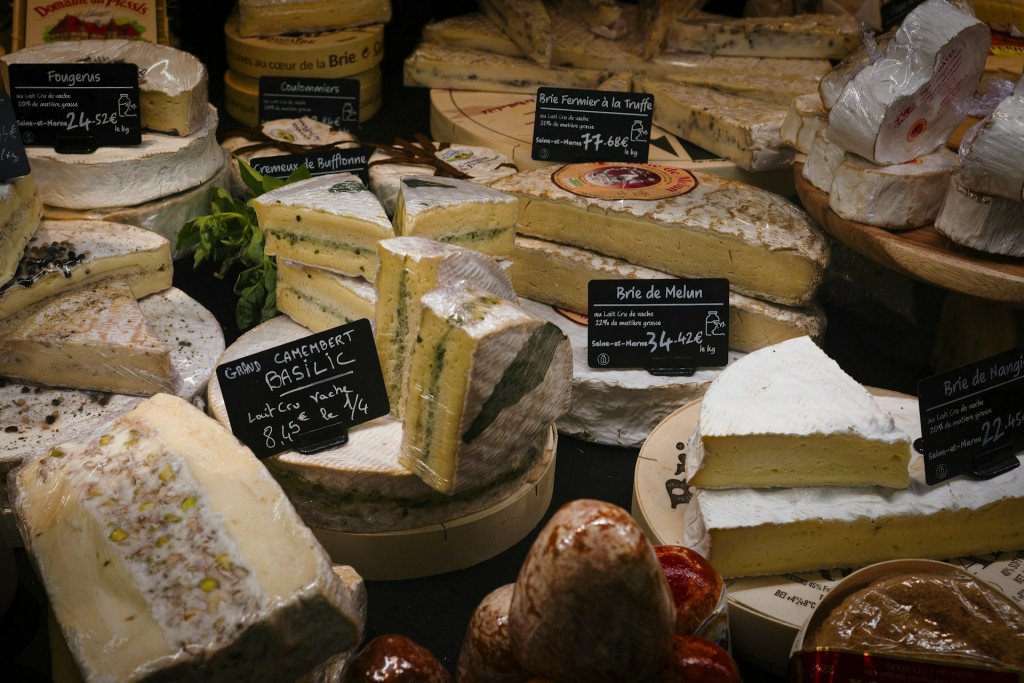
Photo by Eric Prouzet on Unsplash
Of course, no meal in France is complete without cheese and wine. France is well-known for its incredible variety of cheeses, from creamy brie to pungent roquefort. Each region of the country produces its own distinct cheese, often tied to local tradition and history. Cheese is not just a food in France—it’s a way of life. A typical French meal ends with a cheese course, and the sheer diversity means you could enjoy a different cheese every day for a year and still not try them all.
French Cuisine as a Cultural Experience
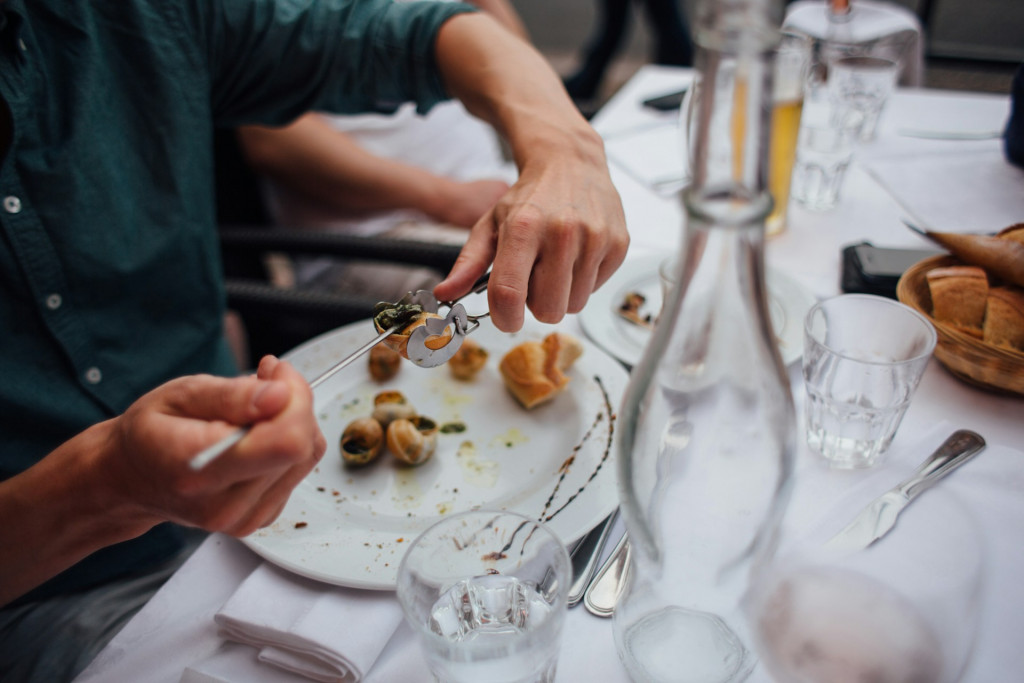
Photo by Mads Schmidt on Unsplash
What sets French cuisine apart is the cultural importance that placed on food. In France, meals are a social event, a time to slow down and enjoy the company of others. The French take pride in their food traditions. It’s not just about what’s on the plate; it’s about how it’s shared, the conversation, and the connection.
This connection to food is perhaps best exemplified in the French concept of terroir. Terroir refers to the complete natural environment in which a particular food is produced, including factors such as soil, climate, and tradition. For the French, food is intimately connected to the land it comes from, and every bite tells a story.
Conclusion: Embrace the Art of French Cuisine
Exploring French cuisine is more than just tasting delicious food; it’s about embracing a rich cultural heritage. The diversity of dishes, from delicate pastries to hearty stews, the regional specialties, and the importance of cheese and wine, all contribute to the story of France. Experiencing the delights of French cuisine will leave a lasting impression. As you indulge in each dish, you are partaking in centuries-old traditions, where food is not just sustenance but an art form. So next time you find yourself in France, slow down, savor each bite, and enjoy the journey through its culinary landscape.

